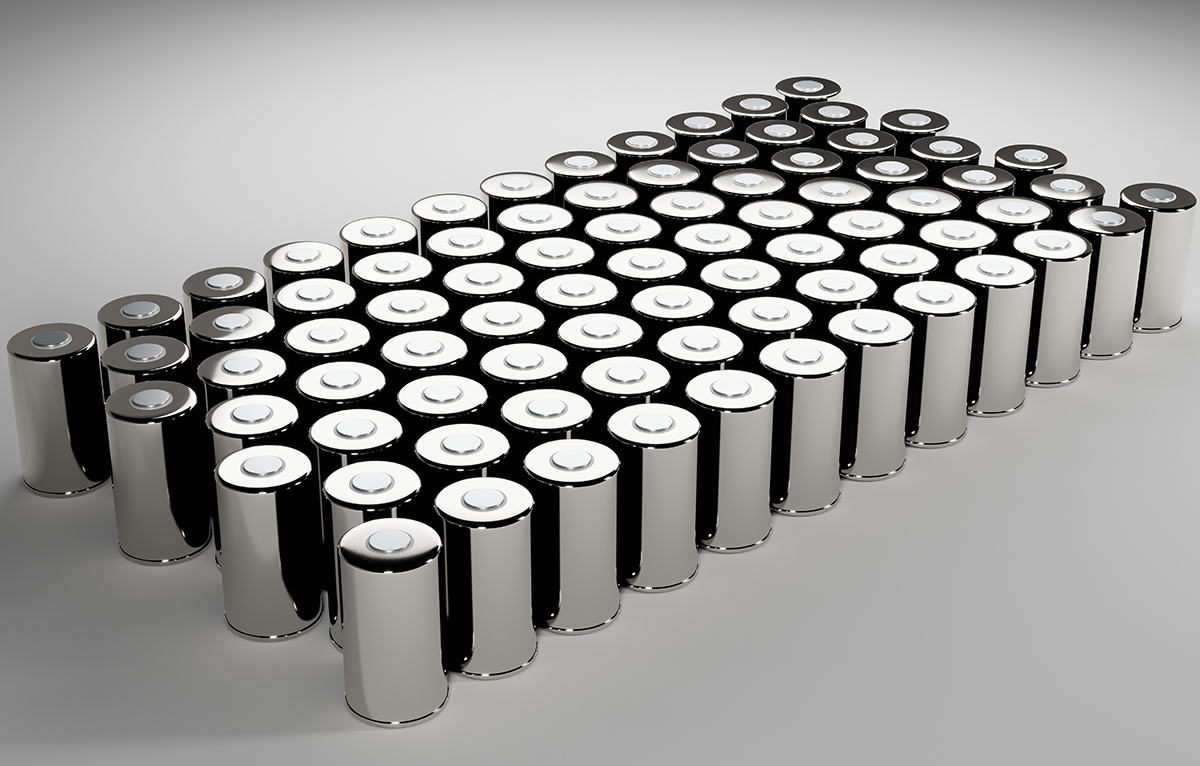The soaring demand for EV batteries of increasing capacity has real implications for production and research testing. Managers can expand their battery test systems to increase their power, but they may not have enough space on the production floor. Already, voltage test requirements are exceeding the voltage limit of some test systems. As voltage and power go up, so do safety concerns. At the same time, competition increases for engineers experienced with safe battery testing. Worst of all, the design of some test systems may lead to downtime and throughput bottlenecks.
In this webinar, presented by EA Elektro-Automatik, we will explore these challenges and the critical considerations for ensuring EV battery testing is prepared for tomorrow.
Other sessions at our Spring Virtual Conference include:
Battery Thermal Management Fluids: More Than Just A Base Oil


Consumer demand for faster charging, increased power, and extended range is increasing the heat generated in EV battery packs. In addition, there is increasing focus on ensuring the safety of battery packs, and in particular, the ability of the thermal management system to prevent the propagation of thermal runaway within the system. To manage the increased heat, maintain battery life, and enhance safety while maximizing the power and energy density of the pack, immersion cooling systems are being developed, which will require tailored thermal management fluids compatible with the needs of direct cell contact.
In this webinar, Lubrizol’s team of thermal management experts will discuss the different performance attributes that are important when it comes to tailoring an effective thermal management fluid. These include managing heat during high charging operations, ability to control thermal runaway events and material compatibility. Be sure to tune in to learn more about why a thermal management fluid needs to be more than ‘just’ a base oil.
See the full session list for the Spring Virtual Conference on EV Engineering here.


Broadcast live on April 15-18, 2024, the conference content will span the EV engineering supply chain and ecosystem, including motor and power electronics design and manufacturing, cell development, battery systems, testing, powertrains, thermal management, circuit protection, wire and cable, EMI/EMC and more.



















































